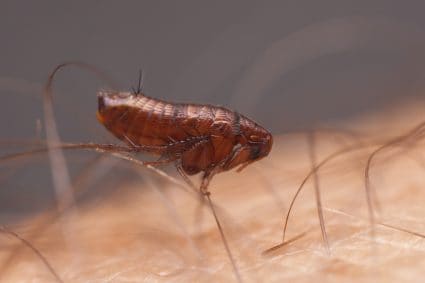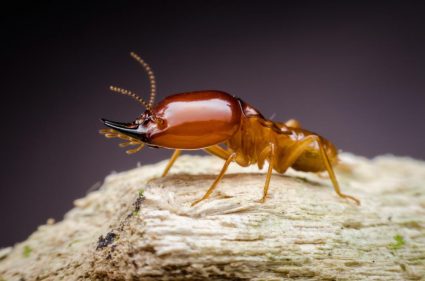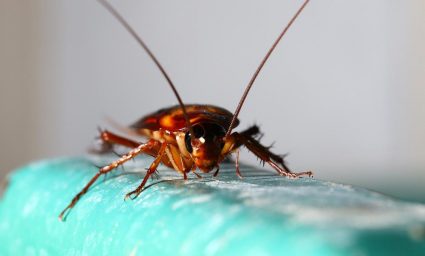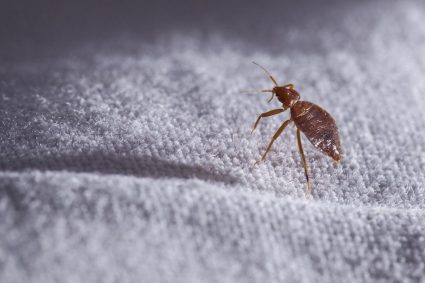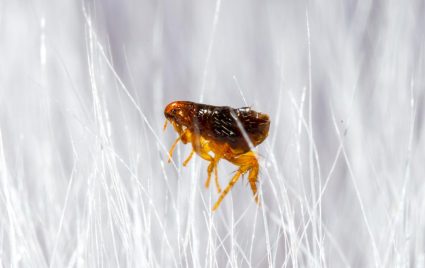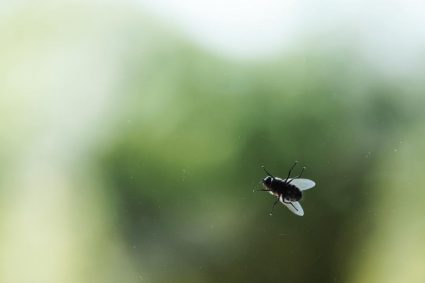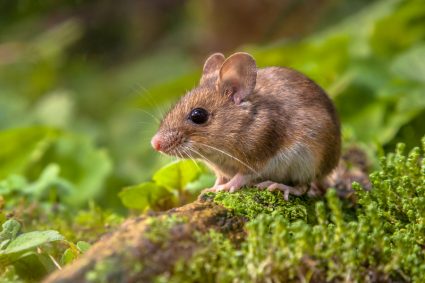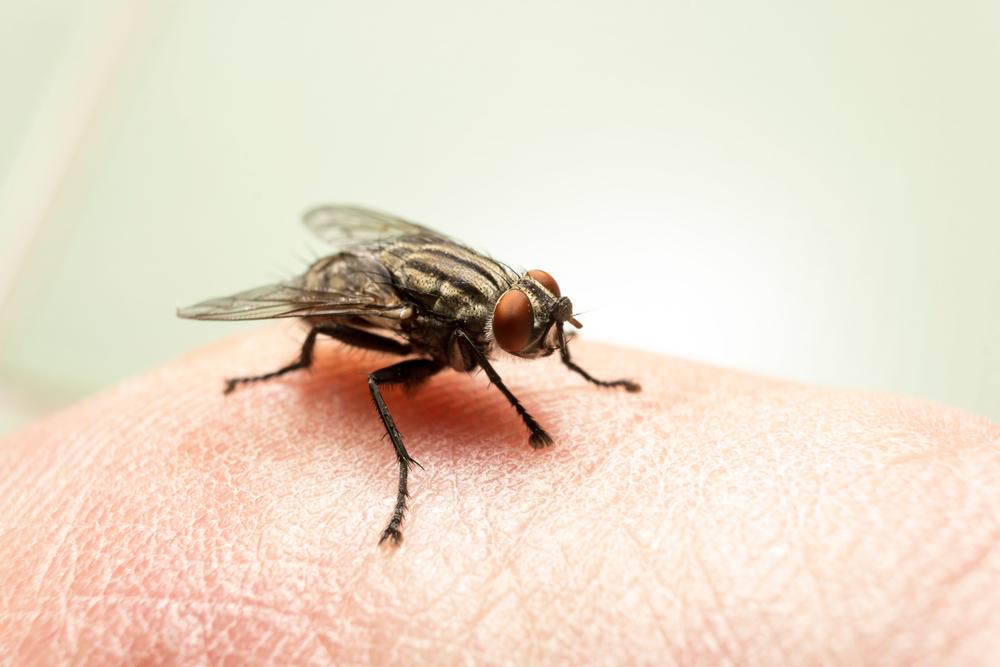
Fruit flies, those tiny, buzzing nuisances, have a knack for appearing at the most inopportune moments, often during warm weather or when ripe fruits are present. But what happens when the temperature drops? Does cold actually kill fruit flies? Let’s dive into the fascinating world of fruit flies and explore their relationship with cold temperatures.
Cold temperatures can indeed affect the lifespan, reproduction, and overall survival of fruit flies, but it doesn’t immediately kill them. Fruit flies struggle to cope with cold temperatures and may die at relatively low temperatures. Cold conditions can also stunt the development of new generations. However, certain life stages and species of fruit flies exhibit some degree of cold tolerance.
Understanding Fruit Flies and Cold Temperatures
Fruit flies are cold-blooded and struggle to cope with cold temperatures. They are chill susceptible, meaning they cannot survive or avoid freezing solid in the cold. They may die at relatively mild low temperatures, and cold temperatures can also stunt the development of new generations of fruit flies.
However, it’s important to note that cold temperatures won’t instantly kill household fruit flies. The average refrigerator, while cold enough to deter them, isn’t quite the fruit fly apocalypse we might hope for. Temperatures below 68 degrees Fahrenheit make it difficult for them to reproduce, but it doesn’t necessarily lead to their immediate demise.
Cold and the Lifespan of Fruit Flies
Interestingly, low temperature conditions generally cause an increase in the longevity of fruit flies, but there are caveats. For instance, fruit flies in their immature stages, such as eggs and larvae, are not able to tolerate cold temperatures. When exposed to temperatures below 10°C, the development and reproduction of fruit flies are negatively affected.
In contrast, fruit flies can live up to 6 months when kept at 12°C, which is long enough for adults to survive through the winter. So, while cold temperatures can have both positive and negative effects on the lifespan of fruit flies, the specific temperature and the stage of their life cycle are crucial factors to consider.
Fruit Fly Reproduction in the Cold
Cold temperature can significantly impact the reproductive cycle of fruit flies. Exposure to sudden short-term low temperatures may affect their reproduction, development, and physiological changes.
In Drosophila melanogaster, prolonged cold stress can result in the postponement of reproduction and a longer generation time. Reproductive output was found to be nil at 11°C, but flies retained the ability to reproduce at 25°C following incubation at 4–11°C.
Fruit Fly Eggs and Cold Conditions
Optimal temperatures for fruit fly eggs range from 75 to 80 degrees Fahrenheit. However, some studies have shown that fruit flies can still lay viable eggs at lower temperatures. Cold temperatures can inhibit the development of fruit flies, with temperatures below 53 degrees Fahrenheit stopping their development entirely.
Physiological Changes in Cold Temperatures
When fruit flies are exposed to cold temperatures, they undergo several physiological changes to adapt and survive. These changes include alterations to their metabolism, gene expression, neural responses, and gut function.
Vulnerable Life Stages
Fruit fly larvae, particularly the first instar stage, are the most cold-tolerant stage in the life cycle of fruit flies. However, fruit fly eggs and larvae are generally not able to tolerate cold temperatures. Adult fruit flies can also exhibit some cold tolerance, with minimal mortality observed up to at least 5 days at 4°C, 20 days at 8°C, and 12 weeks at 11°C.
Cold-Adapted Fruit Fly Species
Yes, there are species of fruit flies that have adapted to survive in cold environments. One example is Drosophila montana, a highly cold-tolerant species found at high latitudes and altitudes. Another example is the Mediterranean fruit fly, Ceratitis capitata, which has been shown to have some cold tolerance.
Controlling Fruit Flies in the Cold
During colder months, fruit flies may still infest your home as they seek shelter and warmth. To control fruit fly infestations during this time, you can use a combination of methods like DIY vinegar traps, cleaning drains, using scents to deter fruit flies, keeping your kitchen clean, using sticky traps, and store-bought fruit fly sprays.
Preventing Fruit Fly Infestations in the Cold
To prevent fruit flies from laying eggs in cold conditions, keep your home clean, dispose of overripe fruits and vegetables promptly, and use scents to deter fruit flies from entering your home.
In conclusion, while cold temperatures can indeed impact the lifespan, reproduction, and overall survival of fruit flies, it doesn’t immediately eliminate them. Understanding their behavior, life cycle, and relationship with temperature can help in effectively managing and preventing fruit fly infestations, no matter the season.
Frequently Asked Questions
What is the optimal temperature for fruit flies to reproduce?
The optimal temperature for fruit flies to reproduce is between 77 to 86 degrees Fahrenheit. At this temperature range, they can rapidly complete their life cycle.
How does cold temperature affect the metabolism of fruit flies?
When fruit flies are exposed to cold temperatures, their metabolic rate decreases. This is a survival mechanism that allows them to conserve energy in low-temperature environments.
Can fruit flies survive in freezing temperatures?
Extreme cold can be lethal to fruit flies. They are chill susceptible, meaning they cannot survive or avoid freezing solid in the cold. However, some cold-adapted species like Drosophila montana have evolved mechanisms to survive in freezing environments.
How can I identify a fruit fly infestation in my home?
Signs of a fruit fly infestation may include seeing adult flies buzzing around fruits, vegetables, or other decaying organic material in your home. You may also notice tiny, white larvae in these areas.
What are some natural ways to get rid of fruit flies?
Natural ways to get rid of fruit flies include making a DIY vinegar trap, cleaning drains where they might breed, using natural scents to deter them, and keeping your kitchen clean to eliminate potential food sources.

